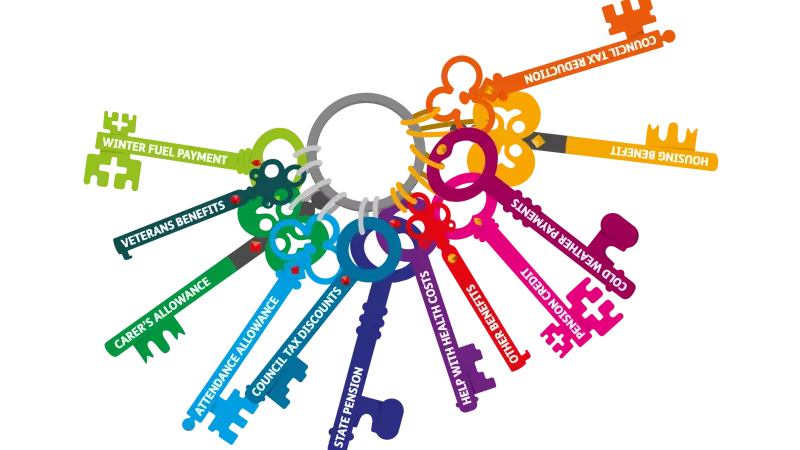National Service veterans battle loneliness
This feature first appeared in the Scotsman on 20th December 2019
Oliver Chisholme remembers the day he was called up to do his National Service. The trainee accountant from Hawick received a letter just after his 18th birthday on March 9, 1947, telling him to go to the Assembly Rooms in Edinburgh for a medical check-up. A money order for 4 shillings and sixpence was enclosed. “You could get a good meal for that in those days,” Chisholme recalls.
Chisholme, now 90, is sharing his story at Lothians Veterans Centre in Dalkeith, where he enjoys reminiscing with fellow ex-servicemen. He was among the first wave of young men called up to do 18 months of National Service two years after the end of World War Two. The so-called peacetime conscription was introduced to “meet new challenges in a rapidly changing world”, according to the government.
All able-bodied men between the ages of 18 and 30 were called up. Initially they served for 18 months but in 1950 at the start of the Korean War, this was increased to two years. Between 1947 and 1963 more than two million young men were conscripted to serve in the British Army, Royal Navy, Royal Air Force and Royal Marines.
At the end of World War Two, Britain’s armed forces were depleted and exhausted. National Service was introduced as a way to bolster British garrisons around the world, including Egypt, Cyprus, Malaya, Borneo and Libya. It was also used as a means of shoring up Britain’s diminishing colonial power in countries such as Kenya and countering the encroaching threat of communism.
Now in their 80s and 90s, the National Service generation is largely forgotten. When people think of ex-servicemen and women they are generally thinking about conflict veterans. But the National Servicemen played a vital role in post-war Britain, both in boosting garrison troops and peacekeeping forces. They didn’t choose an army career, but were called up to serve their country at a time when Britain was reeling from the most violent war in history.
In Scotland, National Servicemen now make up a quarter of all veterans. But many do not regard themselves as part of the ex-service community, and are unaware of the benefits and support available to them and their dependants.
Age Scotland, the national charity for older people, runs a veterans’ project which is working to highlight the role of those “hidden veterans” and ensure they are given the support to which they are entitled.
Doug Anthoney, the charity’s project leader, said: “We’ve been privileged to work with Lothian Veterans Centre in enhancing later life for National Service veterans such as Oliver, who we helped to use the free iPad he was given by the Royal Naval Association. And I know that many of our partner charities in the Unforgotten Forces consortium have also contributed, such as Music in Hospitals and Care which gives Oliver and his friends at the centre fantastic music-making experiences.
“The centre is a great example of the warm welcome that awaits National Servicemen across Scotland who reconnect with the armed forces community.


